Advocate for assessment practices that honor student diversity and strengths from "summary" of Hacking Assessment by Starr Sackstein
When thinking about assessment practices, it is crucial to keep in mind the diverse range of students in our classrooms. Each student brings with them unique strengths and abilities that should be honored and acknowledged in the assessment process. As educators, it is our responsibility to create assessment practices that are inclusive and sensitive to the diverse backgrounds and experiences of our students. One way to advocate for assessment practices that honor student diversity and strengths is to offer multiple avenues for students to demonstrate their understanding and mastery of a subject. This could include allowing students to choose from a variety of assessment options, such as traditional tests, projects, presentations, or portfolios. By providing choices, we can better accommodate different learning styles and preferences, enabling each student to showcase their abilities in a way that feels authentic and empowering to them. Furthermore, it is important to consider the cultural, linguistic, and socio-economic backgrounds of our students when designing assessments. For example, providing bilingual assessment materials or allowing students to use their home language can help level the playing field for English language learners. Similarly, taking into account the resources available to students outside of school can help ensure that assessments are fair and equitable for all students. In addition to being mindful of student diversity, it is also essential to recognize and celebrate the strengths that each student brings to the table. By focusing on what students can do rather than what they cannot, we can create a more positive and supportive assessment environment that encourages growth and development. This may involve providing specific feedback that highlights students' accomplishments and progress, rather than solely pointing out areas for improvement.- Advocating for assessment practices that honor student diversity and strengths is about creating a more inclusive and equitable learning environment where all students feel valued and respected. By embracing the unique qualities and abilities of each student, we can foster a culture of acceptance and appreciation that enhances the assessment experience for everyone involved.
Similar Posts
Utilizing concept mapping as a powerful tool
Concept mapping is a powerful tool that can be used to enhance learning in a variety of subjects. By visually representing the ...

Cultivate a sense of community and trust in the assessment process
Building a strong sense of community within the classroom is essential for creating an environment where students feel comforta...
Authentic experiences enhance learning and engagement with material
Gardner argues that learning is significantly enriched when individuals have the opportunity to engage in authentic experiences...

